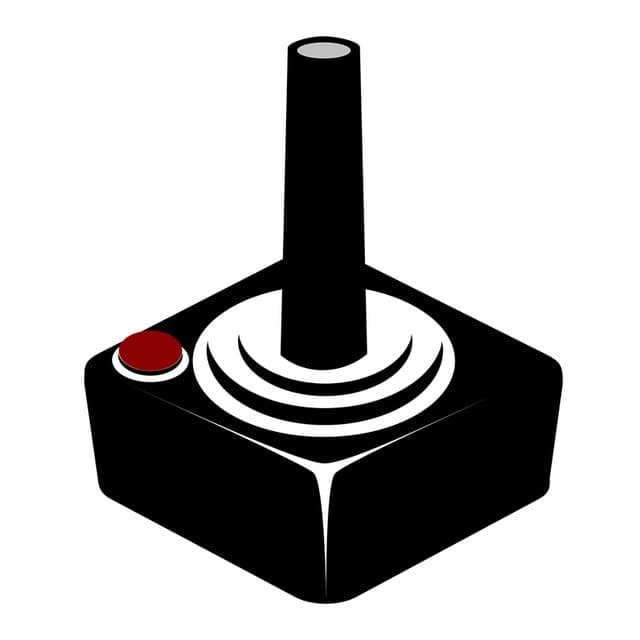

Lack of familiarity with AI PCs leads to what the study describes as “misconceptions,” which include the following: 44 percent of respondents believe AI PCs are a gimmick or futuristic; 53 percent believe AI PCs are only for creative or technical professionals; 86 percent are concerned about the privacy and security of their data when using an AI PC; and 17 percent believe AI PCs are not secure or regulated.
I guess we don’t have to worry about our data because the people selling us the machines tell us that our concerns are a misconception.
Also kind of the manufacturer to tell us that their gimmick is not, in fact, a gimmick






“Hustler’s University”
I’m sure the intention is a play on Hustle culture and it’s supposed to teach you that grindset mindset, but it wasn’t too long ago that “Hustler” meant “con artist” and, well, it’s his university
Surely that’s not what paragon of humanity and alleged sex trafficker Andrew Taint meant when naming it. He’s got the ego, but I’m not sure he’s clever enough to flaunt it